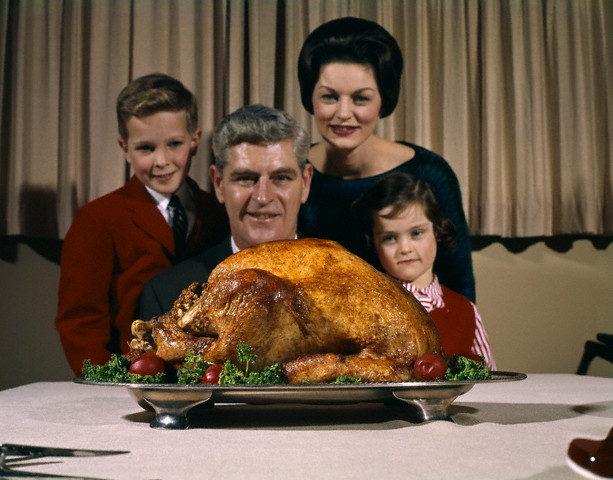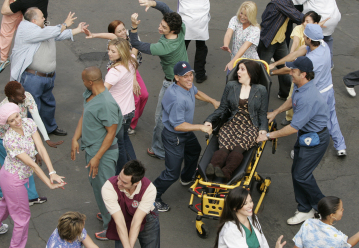I recently tried to refill my prescription for Levoxyl and learned I cannot due to a recall by the manufacturer Pfizer. I called Pfizer this morning and spoke to a robotic, though pleasant, customer service representative in India. She provided little useful information. Between my own research on the FDA and American Thyroid Association websites I learned the following:
* Pfizer has suspended production of Levoxyl, which is manufactured at a plant in Tennessee. Chemical contamination is the reason for suspended production. Emission of a strong odor was reported by pharmacists when opening 100 and 1000 tablet bottles of the product.
* Patients do not need to discard or return Levoxyl that they already have.
* The recall was initiated on March 28, 2023 and Levoxyl may not be available again until 2014.
* This recall impacts all strengths of Levoxyl.
* Pfizer cannot advise you on substitutes. You should contact your doctor to create a game plan for alternative medication you can take during the shortage.
As a young adult thyroid cancer patient, each morning I pop a Levoxyl 137 mcg. This tiny blue thyroid-shaped pill is a big part of my healthcare routine. I had a total thyroidectomy as a result of my papillary carcinoma, and because I have no thyroid gland to produce the hormone thyroxine, my blue Levoxyl pill is a substitute. Thyroxine regulates cellular metabolism, which in turn controls functions such as my body temperature, heart rate, fat metabolism, brain metabolism, vitamin absorption, and much more. My stellar doc at Memorial Sloan Kettering makes sure I take a slightly high dose of levoxyl, enough to make me hyperthyroid. This causes a see-saw effect and lowers my thyroid stimulating hormone - TSH. The thinking is suppressing my TSH will suppress the growth of any stray cancer cells. What a beautiful idea.
I was shocked to learn about the Pfizer recall. There are substitutes for the Pfizer patented Levoxyl, such as the generic Levothyroxine, or the drug Synthroid, manufactured by Abbott. I have had side effects from each of these drugs in the past, but they are my only choice for now. (Look for an upcoming post on why I choose not to take ArmourThyroid, which is dessicated animal hormone.)
Due to the Pfizer shortage of Levoxyl, I started taking generic Levothyroxine two weeks ago and have begun to experience heart palpitations. They feel like an intense fluttering in my chest, as though a rebellious caged butterfly is stuck inside my ribs violently struggling to get free. They have occurred when I am driving but pass after a few minutes. From prior experience on this drug, I know to just breathe deeply and stay calm. But I do think it is time to call my doctor back and discuss my options.
I am not a doctor. I am just one patient. My experiences may not be typical or representative of what others experience. Do your homework, communicate with your doctor, and take charge of your own health care decisions.
Stay tuned as I will continue to post updates on the levoxyl shortage. If you wish to receive emails of my updates, scroll down on the right side of this page and click on the navy blue bar that says “Get blog posts in your inbox.”
For more conversation on thyroid medication, read my post How To Adjust To Thyroid Medication?
![]()
![]()









 “Everything Changes is, without doubt, the most forthright, emotionally sophisticated, and plain-old valuable book of its kind I've seen.”
“Everything Changes is, without doubt, the most forthright, emotionally sophisticated, and plain-old valuable book of its kind I've seen.”












